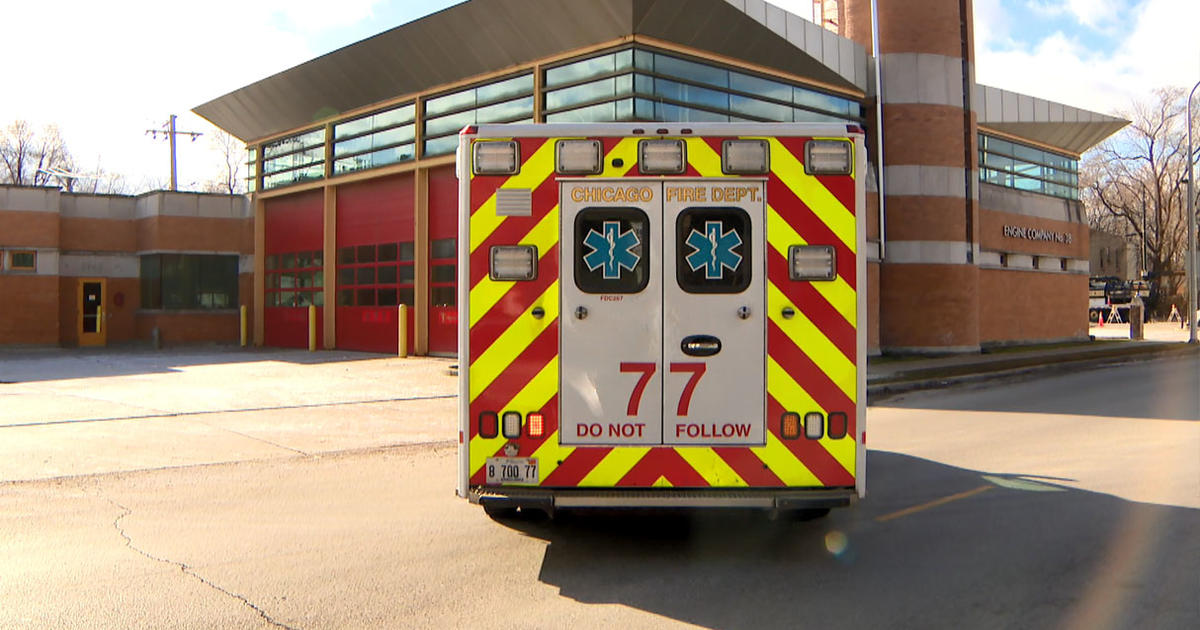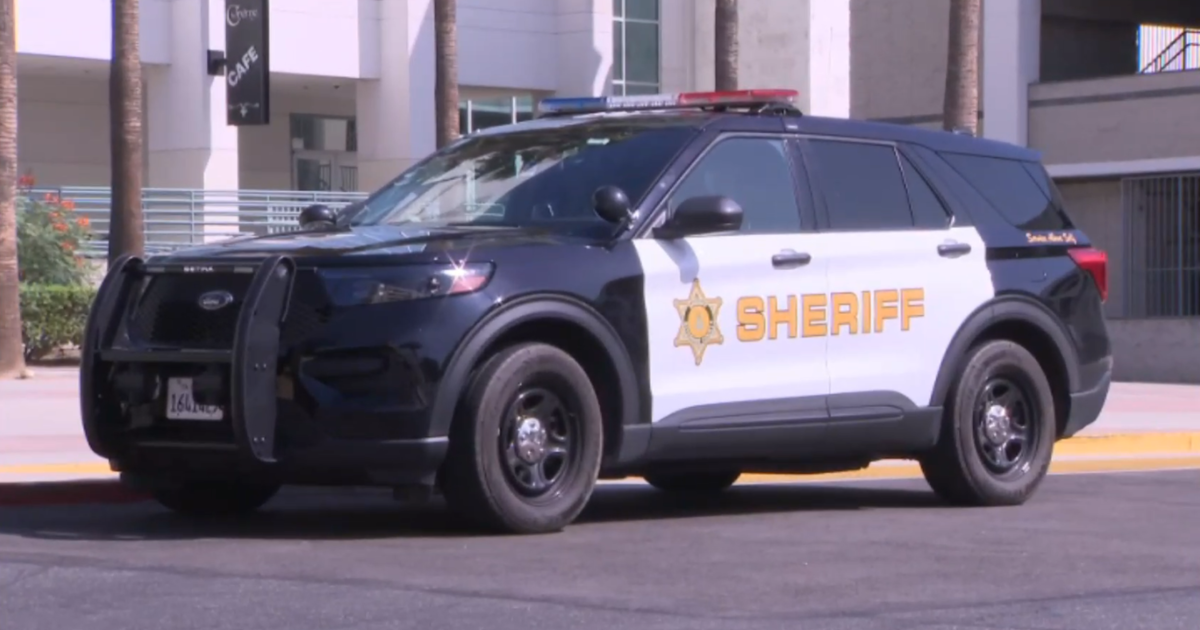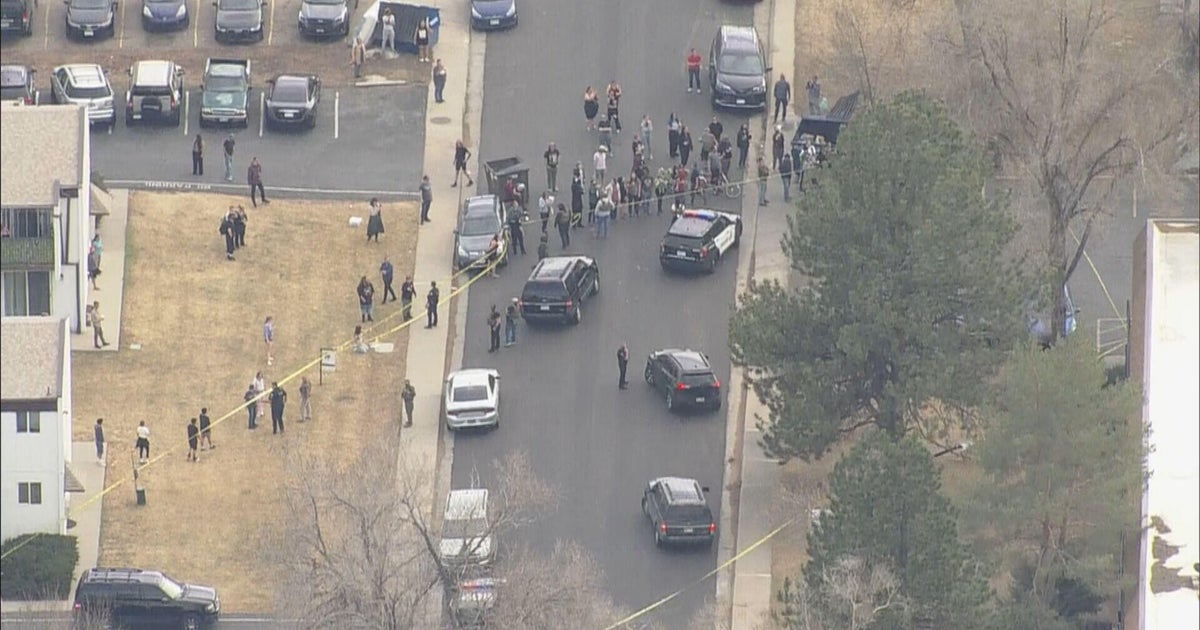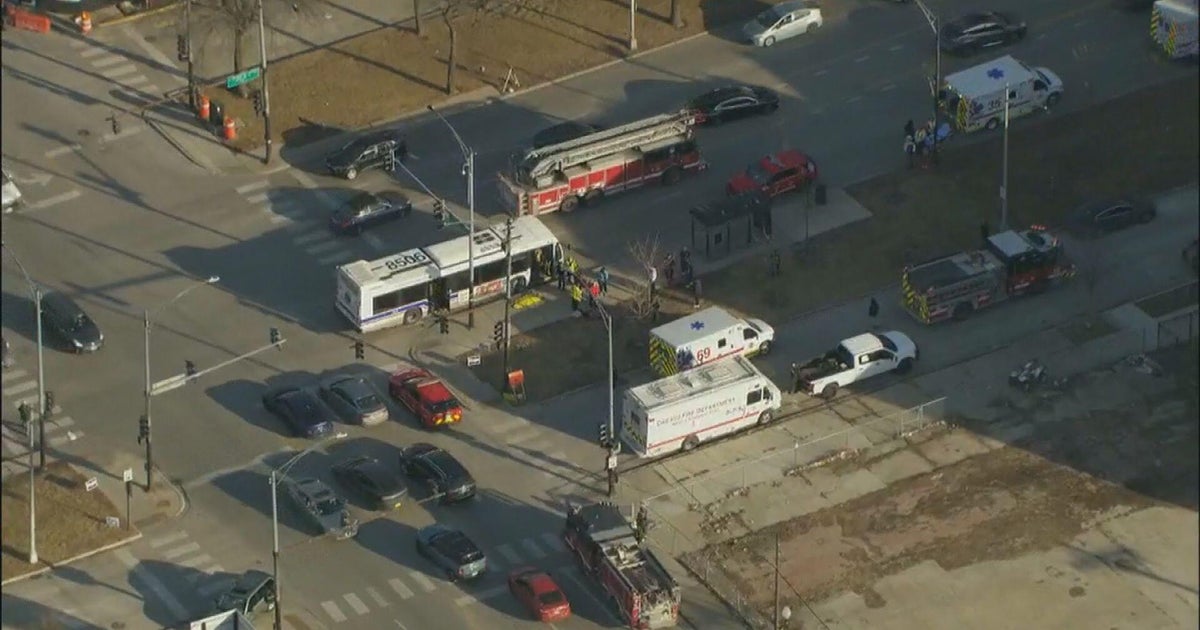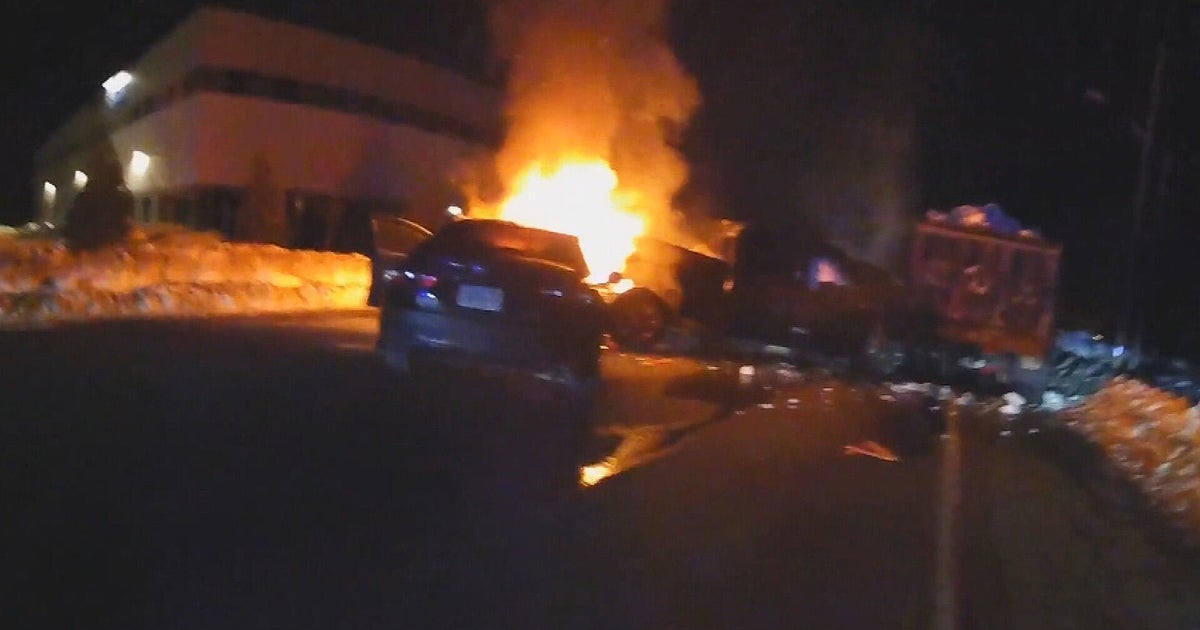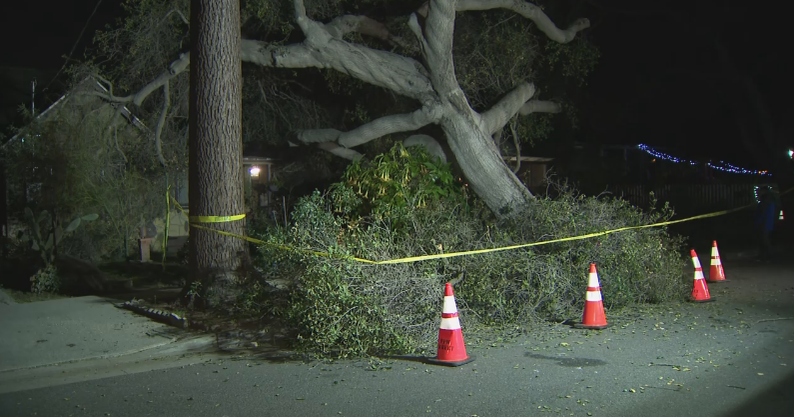Blumenthal Calls For Law Requiring Alarms If Kids Are Left In Cars
FAIRFIELD, Conn. (CBSNewYork) -- U.S. Sen. Richard Blumenthal (D-Connecticut) is calling for a new safety feature to remind parents if a child is poised to be left in the back seat of a car.
As CBS2's Brian Conybeare reported, the summer sun is beating down on vehicles, many with children strapped into car seats – and that can mean danger.
"Cars can become pressure cookers literally killers," Blumenthal said.
Blumenthal pointed to the July 2014 death of 15-month-old Benjamin Seitz – who was mistakenly left in a car from Ridgefield – as one major reason he is sponsoring a bill to require all new passenger vehicles sold in the U.S. to have sensors and alarms to remind parents to check for children in the back seat.
This kind of tragedy is a replayed around the country," Blumenthal said.
In fact, one child safety group reported that 37 kids die annually on average across the country in hot cars, and more than 800 have died since 1994.
"The sensors would work much like a seatbelt warning," Blumenthal said. "A light would go on an alarm would sound after the driver turns the key off."
"To me, it makes a lot of sense if it can be technologically achieved," said parent Tyrie Kauf.
Kauff, of Brooklyn, admitted that her sleep-deprived sister once left her third child in a car momentarily.
"It seems like something that could be achieved and would really save a lot of kids," Kauff said.
Others fear it will just add more costs to buying a car.
"I don't know if it's entirely necessary," said Bronx parent Tim Ott. "Again, you'd hope the parents would know that their precious children are in the back."
Blumenthal said costs will come down if the technology is mandatory.
When asked why common sense should be legislated for parents, Blumenthal said, "We legislate safety like airbags and seatbelts, and I predict that these sensors on cars will be as common as seatbelts."
Some automakers are already installing the sensors voluntarily.
No vote is scheduled on the bill just yet, but if it is approved in Washington, it would take at least two years to be implemented.
